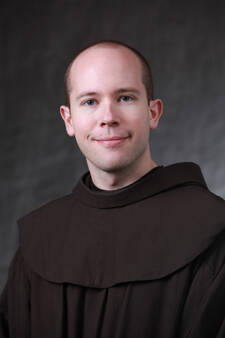Dystopian films based on dystopian books have been all the rage recently. Hits like “The Hunger Games” and the “Divergent” series have sparked interest in the darker side of futuristic imagination. Perhaps for this reason Lois Lowry’s 1993 book, The Giver, has finally been adapted for the big screen after 20 years.
But The Giver is not actually about a dystopian world. It is, ironically, about a utopian paradise.
The film adaptation may be one of the rare instances in which the visualization of a powerful story enhances the narrative rather than disappointing the audience. It opens with a world of sameness, reason, order, “precision of language” and black and white. All difference, creativity, passion and emotion have been removed from human existence. There is no violence, no dispute, no variation—and it seems to be the perfect society in action. And as far as any citizen knows, this is the way it always has been and ought to be.
This is true for everybody except a community elder known as “The Receiver,” whose responsibility it is to keep safe the memory of what the world was once like, the world of diversity, passion, creativity, emotion, confusion, grays and colors. The Receiver is occasionally consulted for advice by the other elders, who watch constantly over the community, make pronouncements from speakers above, establish laws and decide which persons (especially the newborn and elderly) are “released,” a euphemism for homicide. The Receiver, who is getting up in age, knows how things once were and therefore is aware of how things could be.
The story’s protagonist is a young man named Jonas, who is selected to be the next Receiver. His responsibility is to receive the collective memory from the old Receiver, who by virtue of his instructive role now becomes “The Giver.” Over time the Giver passes this memory to Jonas, and Jonas begins to see color and nuance, to know suffering and happiness, to appreciate that things have been and could be another way.
Lowry’s story is very creative, but the allegory isn’t very original.
It goes back at least to St. Augustine, from whose commentaries on Genesis we get a depiction of paradise, a prelapsarian world in which human beings do not act according to emotion, do not experience passion and do not disobey the Creator. So they live in perfect freedom (libertas), by which Augustine means obedience to God’s will as opposed to being governed by disordered desires, what Augustine calls concupiscence. In paradise human beings acted with complete rationality, which meant the absence of sexual desire and pleasure, as well as much of what we associate with everyday human emotions, including pain and happiness.
Augustine’s vision of human life before the Fall looks a lot like the world in which “The Giver” opens. The focus on rationality and absence of emotions suggests that harmony and concord once ruled, but that a single act of human disobedience—think apples and snakes—set everything on a dangerous trajectory.
This is the trajectory the elders in “The Giver” wished to reverse in creating their own version of rational paradise. However, as Jonas sees both the potential for good and ill that arises from a complex and colorful world in which humanity exercises free will (liberum arbitrium), he realizes that the risk of suffering and the messiness of life are necessary if one wishes to experience love and happiness, even if they are at times fleeting.
“The Giver” puts into stark relief an uncomfortable truth that human freedom comes at a cost, and the cost is the risk of abuse and misuse of that very same freedom. Some people, like Augustine and the elders, believe that the solution to suffering and pain is the elimination of choice and complexity. Perhaps some people, like Augustine and the elders, while well meaning, are wrong. If we all thought, spoke and acted alike, things might be better—maybe even perfect. Things might be simpler, more black and white. Yet they would not be authentically human. The truth is we are all givers and receivers of memory, inheritors of the history of salvation that beckons us to exercise our freedom for the common good. Paradise is not found in restricting freedom and suppressing emotion; it is found in following in the footprints of the most human (and divine) of all, Jesus Christ.








